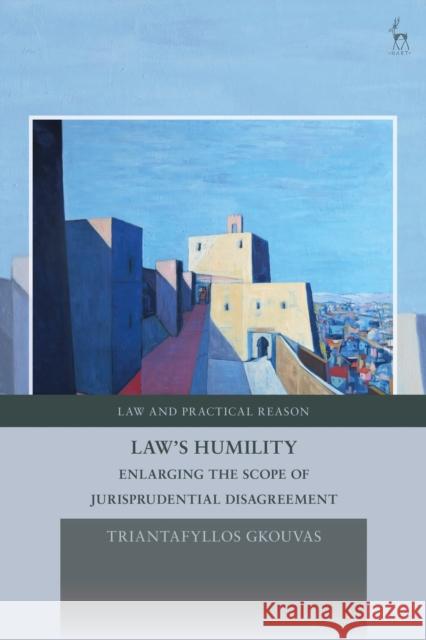Law's Humility: Enlarging the Scope of Jurisprudential Disagreement » książka
topmenu
Law's Humility: Enlarging the Scope of Jurisprudential Disagreement
ISBN-13: 9781509936502 / Angielski / Twarda / 2021 / 232 str.
Law's Humility: Enlarging the Scope of Jurisprudential Disagreement
ISBN-13: 9781509936502 / Angielski / Twarda / 2021 / 232 str.
cena 391,02
(netto: 372,40 VAT: 5%)
Najniższa cena z 30 dni: 362,84
(netto: 372,40 VAT: 5%)
Najniższa cena z 30 dni: 362,84
Termin realizacji zamówienia:
ok. 22 dni roboczych.
ok. 22 dni roboczych.
Darmowa dostawa!
Kategorie:
Kategorie BISAC:
Wydawca:
BLOOMSBURY ACADEMIC
Język:
Angielski
ISBN-13:
9781509936502
Rok wydania:
2021
Ilość stron:
232
Waga:
0.50 kg
Wymiary:
23.39 x 15.6 x 1.42
Oprawa:
Twarda
Wolumenów:
01
Dodatkowe informacje:
Bibliografia
Obwoluta
Obwoluta











